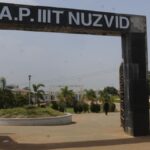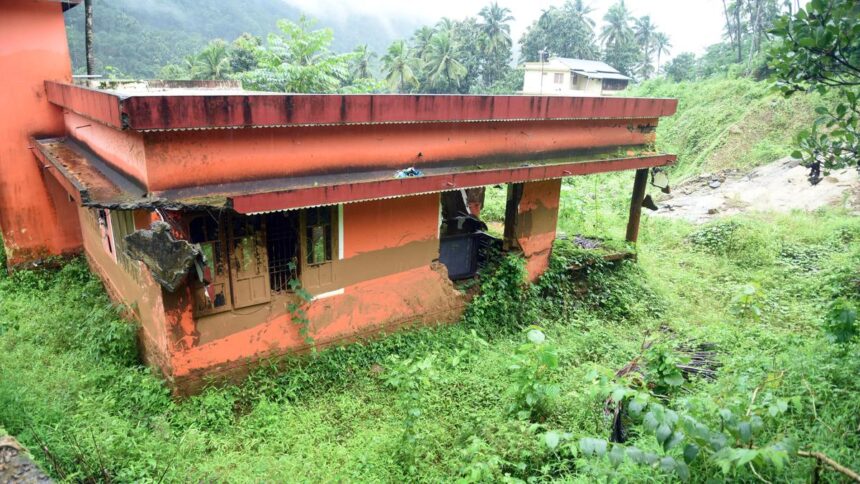While it is common to celebrate the centenary of a personality or an event, it is not often that 100 years of the publication of a book is remembered through an event, something that a group of Hindi-speaking people in West Bengal is doing for Premchand’s masterpiece Rangbhoomi.
At a time when it has become almost routine for language fanatics to make news, the Paschim Banga Hindi Bhashi Samaj (West Bengal Hindi Speakers’ Society) is holding a seminar on July 31, 2025 to revisit the Hindi novel that was published a century ago. The event will be held at Premchand Library in north Kolkata.
“The milestone is a memorable moment in Hindi literature, more so because the story is more relevant than ever. It is the story of a poor man being displaced from his land, something that is the reality of today’s India. The problems depicted by Premchand in his literature have all acquired monstrous forms,” Ashok Singh, general secretary of the Society and former head of Hindi department at Surendranath Evening College, told The Hindu.
“In the words of critic Ram Vilas Sharma, Rangbhoomi represents the period that saw the beginning of the farmers’ movement against landowners in the Hindi belt in the 1920s. They were fighting a lone battle without the help of any political party or leader. They lost because at the time farmers and labourers didn’t have a union; that’s what the protagonist, a blind beggar called Surdas, advises them while dying — he asked them to unite,” Mr. Singh said.
Also Read | Premchand, trashed?
“Imagine, this was the 1920s, as if Premchand was looking at the future. He makes Surdas say, ‘We may have lost, but we have not deserted the game, let us catch our breath and we will come back, we will learn from you with each defeat and will eventually defeat you someday.’ Today, on one hand, the government is working in the interest of the corporates by displacing farmers from their lands, but on the other, an organised peasant movement has forced the government to withdraw three anti-farmer laws,” Mr. Singh said.
According to him, ever since the Paschim Banga Hindi Bhashi Samaj was set up, in 1999, its objective has been to hold literary and cultural events, and among the icons it has celebrated so far include Rahi Masoom Raza, Mrinal Sen and Ritwik Ghatak.
Awakening the aesthete within the reader
“The main objective of the language communalism you see in the country these days is to distract people from burning problems such as unemployment, inflation, poor education and privatisation of the health sector. In West Bengal, this sort of communalism was initiated by Chief Minister Mamata Banerjee during the 2019 elections when she said that the Hindi-speaking people in the State, who formed 15% of the population, were its guests,” Mr. Singh said.
Published – July 23, 2025 03:42 pm IST



















